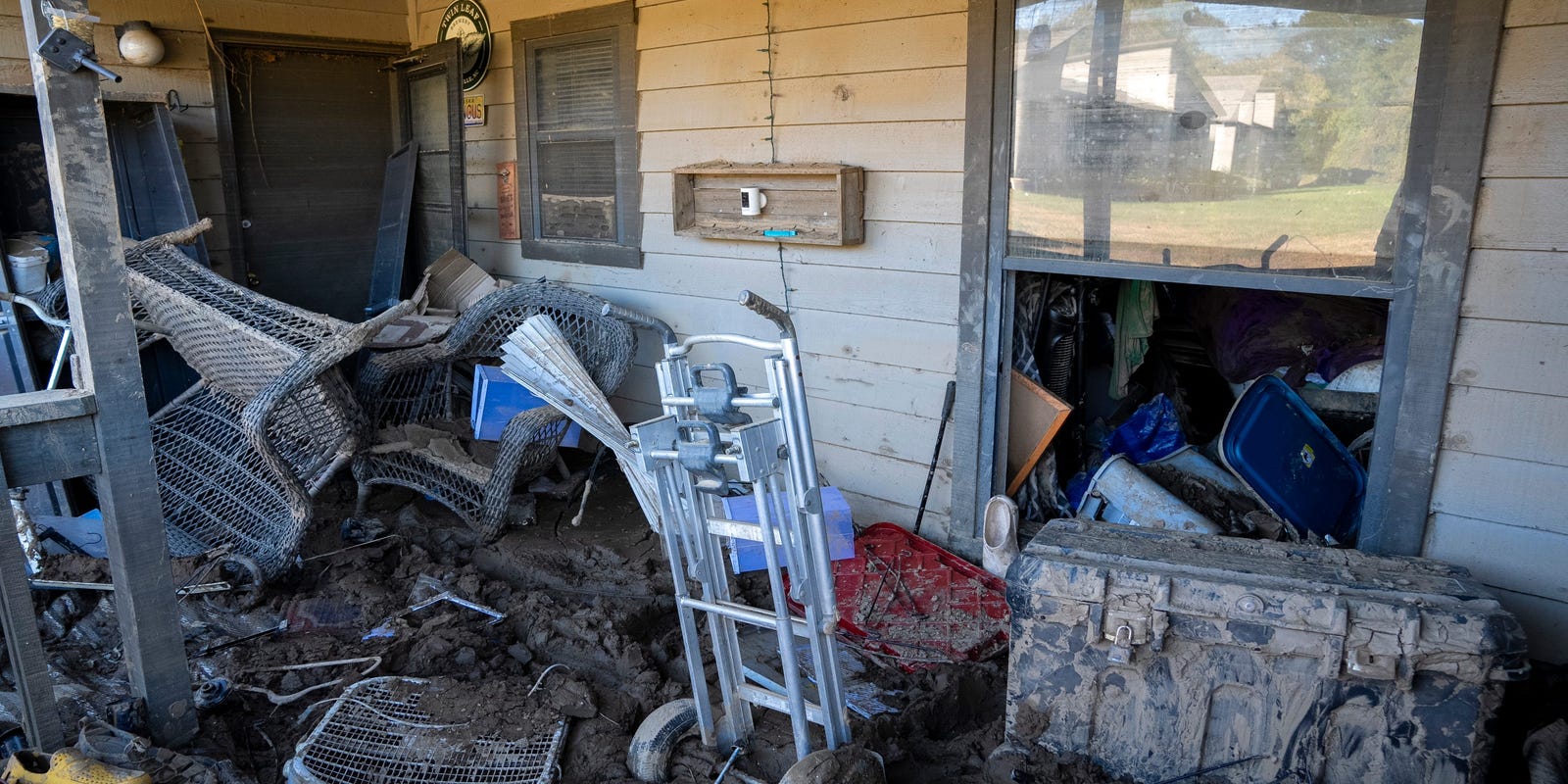
As the frequency and intensity of climate-related disasters continue to rise, a growing number of homeowners are discovering that their insurance policies may not offer adequate protection. From wildfires and floods to hurricanes and extreme storms, the financial impact of these events is escalating, yet many insurance policies are not evolving fast enough to meet the increasing risks.
According to recent analyses, insurance has historically functioned as a safety net to help homeowners recover from natural disasters. However, experts warn that existing coverage guidelines often fall short of accounting for the real costs of climate-driven damages. In some cases, insurance companies are either increasing premiums or refusing to renew policies in high-risk areas, further limiting access to comprehensive protection for vulnerable populations.
“There is a significant mismatch between traditional insurance models and the scale of today’s climate risks,” said climate policy analyst David Franklin. “Many policies are designed around historical data that understate the severity of future events.”
One of the primary issues is the exclusion of specific types of damages—like flooding, which may require separate federal flood insurance—or limits on payouts that don’t adequately reflect the cost of rebuilding in today’s economic climate. With inflation and supply chain disruptions affecting material costs, this financial gap becomes even more pronounced.
Communities in coastal and wildfire-prone areas are particularly at risk. In some states, major insurers have begun retreating from certain markets entirely, citing unsustainable loss ratios due to repeated natural disasters. This has prompted policymakers to consider legislative solutions, including revised risk assessment models and incentives for climate resilience upgrades.
Consumer advocates are urging reforms to make insurance more inclusive and to better integrate climate science into underwriting standards. At the same time, there is a growing call to strengthen public programs and disaster aid to accompany private insurance options.
For now, homeowners are advised to review their policies carefully and consider supplemental coverage where possible. While insurance remains a critical tool in the financial recovery process, it is no longer a guarantee of complete protection in an era of accelerating climate risk.
Source: https:// – Courtesy of the original publisher.








